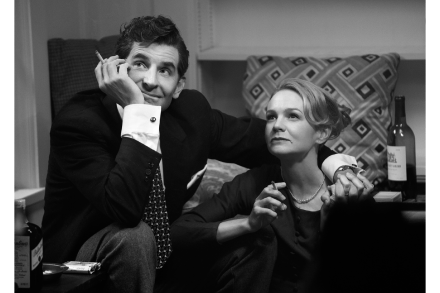Pleasant, underwhelming: Kurt Vile’s Back to Moon Beach reviewed
Grade: C+ Maximum points for self-awareness, you have to say. The title track of this pleasant, if largely underwhelming, album include the lines: ‘These recycled riffs aren’t going anywhere, any time.’ Never a truer word spoken. Here, this fitfully engaging singer-songwriter shuffles through predictable chord changes pinioned by forgettable piano riffs and intones – deploying an often exaggerated southern drawl somewhat at odds with his Pennsylvanian provenance – basic and repetitive melodies which stay in the memory for about the half-life of Oganesson and then vanish. There is a pleasing twang to the guitar, bursts of scuzzy bottleneck and the occasional lap steel, but the songs go nowhere, as Kurt





















